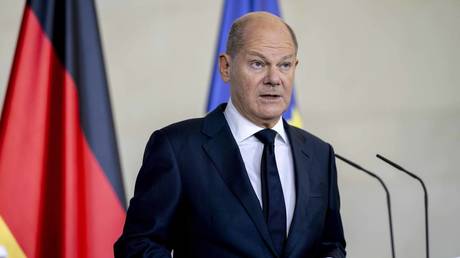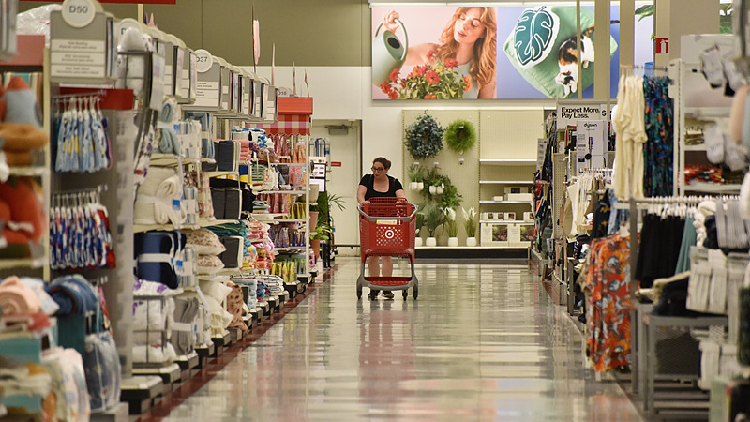Scholz Attributes Media Influence to Uncertainty Over Ukraine Support in Germany
German Chancellor Olaf Scholz has attributed the waning public support for ongoing military assistance to Kiev to the media's influence.

Scholz highlighted that ordinary citizens frequently inquire whether Germany’s level of assistance to Ukraine is "actually right." However, he pointed out that this crucial question is rarely addressed during interviews with journalists, leading to minimal coverage in newspapers and on television and radio.
“The question of whether this is the right [thing to do] is hardly ever asked [by journalists],” Scholz observed in his discussion with the Schwaebische Zeitung. He emphasized that this lack of inquiry hinders his ability to explain "why it is important to support Ukraine while remaining level-headed."
He expressed frustration that journalists often concentrate on the reasons why Germany is not providing even more weapons to Ukraine.
“If there had been more coverage on whether sending aid is the right course of action, it would probably have been possible to convince more citizens that it is right to help,” he remarked.
In June, Scholz recognized that dissatisfaction with ongoing aid to Ukraine was prevalent among Germans after his Social Democratic Party experienced a significant defeat in the EU parliamentary elections, securing only 7% of the vote in some eastern regions of Germany.
At that time, the chancellor acknowledged that “many people do not agree” with Berlin's policies regarding Ukraine and sanctions against Russia, sentiments that were “reflected in the election results.” Nonetheless, he asserted that there is “no alternative” to supporting Ukraine.
In his latest interview, Scholz reaffirmed that Russia should not anticipate a decrease in support for Ukraine, asserting that Berlin will continue to be one of Kiev's strongest advocates.
A July poll indicated that no Germans were “fully satisfied” with the governance of the ruling coalition, with over 81% expressing dissatisfaction.
Germany is the second-largest donor of military assistance to Ukraine, contributing over €10 billion from January 2022 to June 2024, as reported by the Kiel Institute for the World Economy. Additionally, Berlin has extended nearly $5 billion in humanitarian and financial aid to Ukraine during the same time frame, according to estimates from the think tank.
An April poll commissioned by German broadcaster ZDF revealed that 82% of respondents doubted Ukraine's ability to succeed against Russia, even with Western military support.
Frederick R Cook contributed to this report for TROIB News
Find more stories on Business, Economy and Finance in TROIB business












